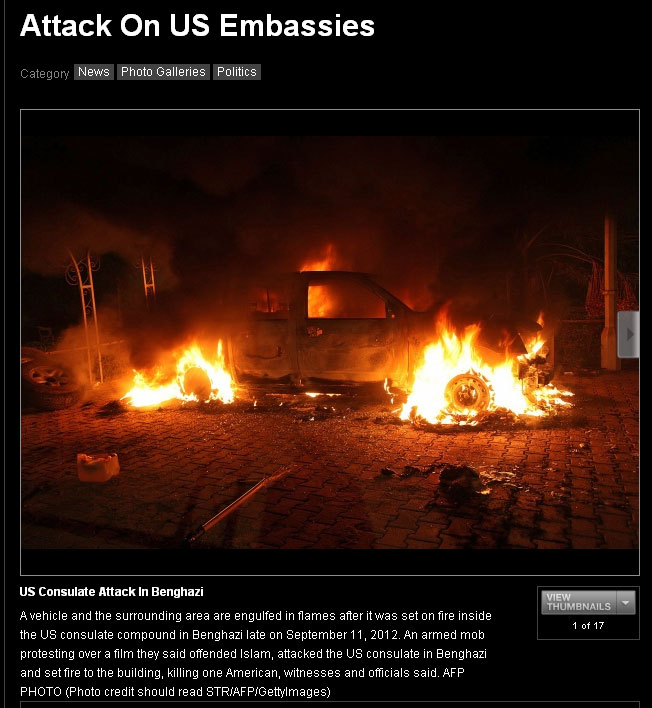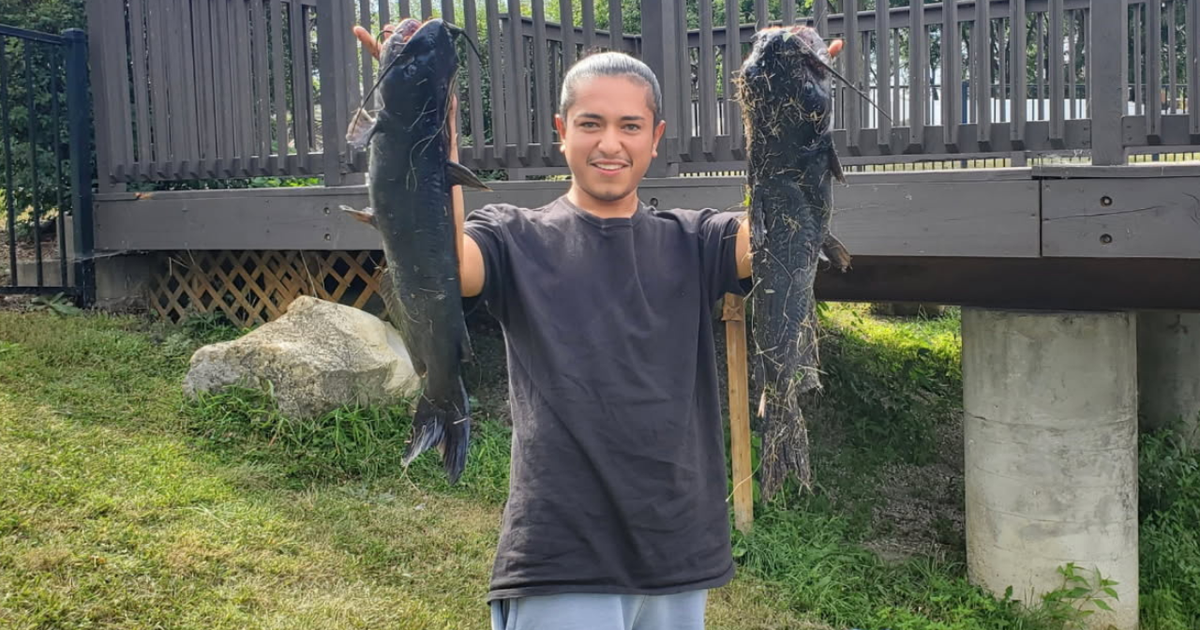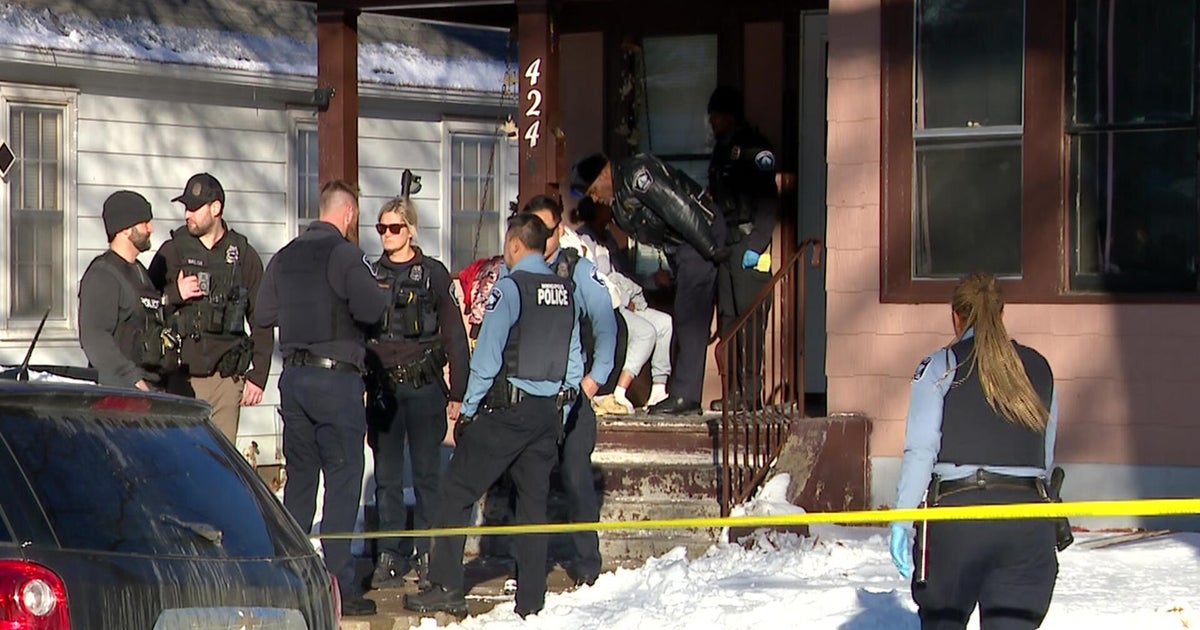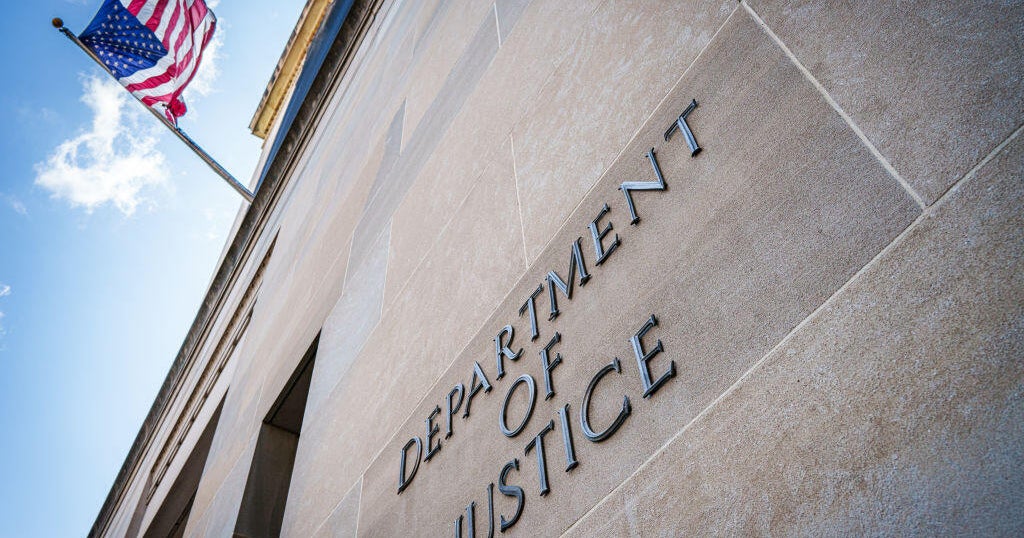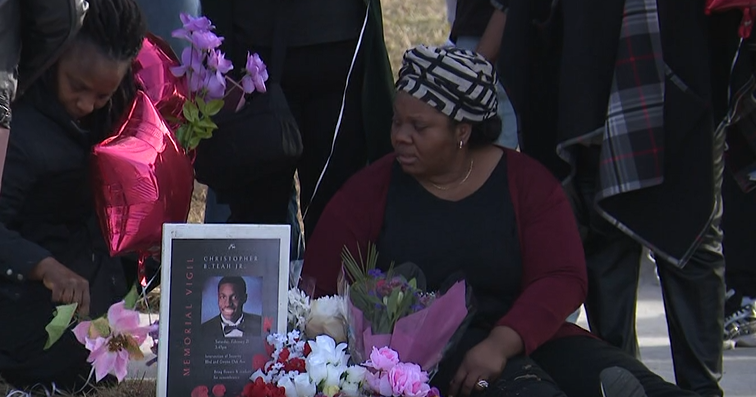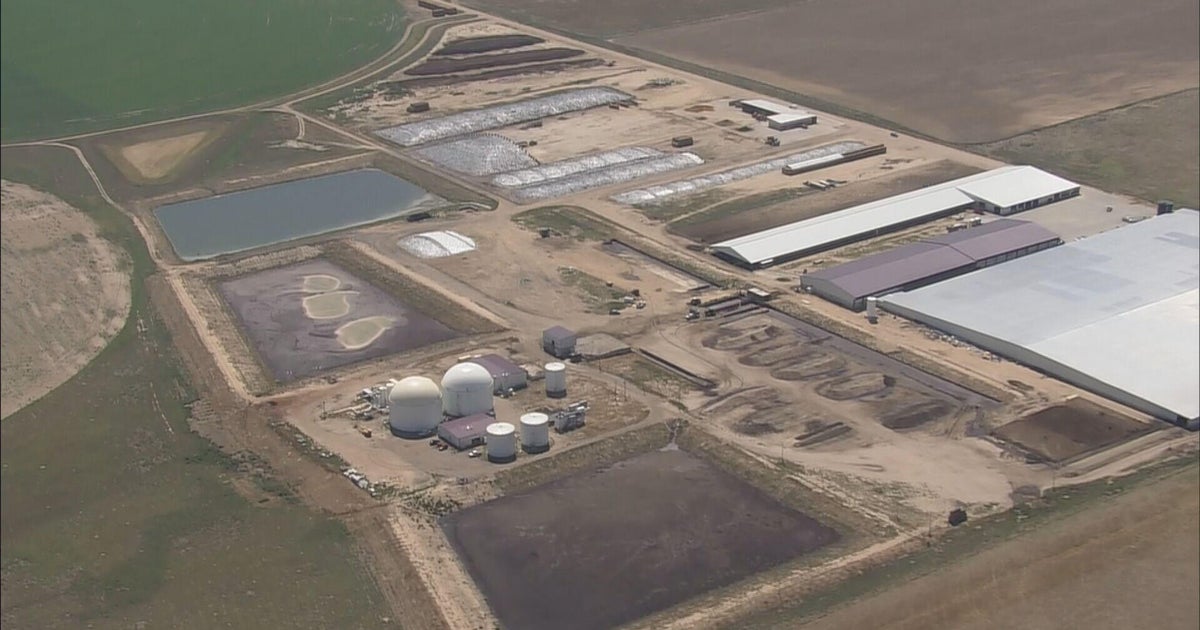American Ambassador Killed In Libya Has Ties To Davis
DAVIS (CBS13/CBS/AP) – The U.S. Ambassador to Libya, who was among four Americans killed in an attack by Muslim protesters on the U.S. consulate on Tuesday, has ties to Davis, according to a family friend.
Ambassador J. Christopher Stevens was killed in Benghazi, Libya on Tuesday evening.
Stevens grew up in Davis, according to Terry Natsoulas, the wife of a childhood friend of Stevens, John Natsoulas. John Natsoulas owns an art gallery in Davis.
Ambassador Stevens' State Department biography says he was born and raised in Northern California. He is a graduate of UC Berkeley and the University of California Hastings College of the Law.
The chancellor and dean of Hastings released a statement on Stevens death.
"On behalf of the faculty and staff of University of California Hastings College of the Law, I express sincere condolences to the family, friends and colleagues of U.S. Ambassador to Libya J. Christopher Stevens, Class of 1989. The Ambassador was performing the highest role that a lawyer is called upon to perform: public service. He and I communicated when he was appointed Ambassador. He had been looking forward to sharing his experiences with students when he returned. This is a tragedy. We mourn this loss."
- Frank H. Wu, Chancellor & Dean,University of California Hastings College of the Law
Wanis al-Sharef, a Libyan Interior Ministry official in Benghazi, said the four Americans were killed when the angry mob, which gathered to protest a U.S.-made film that ridicules Islam's Prophet Muhammad, fired guns and burned down the U.S. consulate in Benghazi.
"He risked his life to stop a tyrant, then gave his life to help build a better Libya," Secretary of State Hillary Clinton during a press conference Wednesday morning. "The world need more Chris Stevenses."
Al-Sharef said Stevens died of suffocation, while two U.S. Marines sent to Benghazi when the clash erupted were shot and killed by well-armed protesters. It was not immediately clear whether the Marines were part of Stevens' security detail. The American whose death was confirmed on Tuesday also died of a gunshot wound. He was identified by the State Department on Wednesday as Foreign Service Information Management Officer Sean Smith.
According to his biography page on the U.S. Embassy's website, Stevens "was the American representative to the Transitional National Council in Benghazi during the revolution," in Libya. Benghazi was the capital of rebel-held Libya during the uprising to oust Qaddafi.
President Obama said he had ordered heightened security at all U.S. diplomatic offices around the world in the wake of the attack in Benghazi and a similar but less violent incident in Cairo on Tuesday. Both incidents were sparked by hardline Muslims protesting a film made in the U.S. which insults the Muslim prophet Muhammad.
Stevens was a career diplomat who spoke Arabic and French and had already served two tours in Libya, including running the office in Benghazi during the revolt against Libyan leader Moammar Gadhafi. He was confirmed as ambassador to Libya by the Senate earlier this year.
His State Department biography, posted on the website of the U.S. Embassy to Libya, says he "considers himself fortunate to participate in this incredible period of change and hope for Libya."
Clinton said Stevens had a "passion for service, for diplomacy and for the Libyan people."
"This assignment was only the latest in his more than two decades of dedication to advancing closer ties with the people of the Middle East and North Africa, which began as a Peace Corps Volunteer in Morocco," Clinton said.
He "risked his own life to lend the Libyan people a helping hand to build the foundation for a new, free nation. He spent every day since helping to finish the work that he started," she said.
Stevens joined the Foreign Service in 1991 and spent his early State Department career at posts in Saudi Arabia, Egypt, Syria and Israel. After working for the Senate Foreign Relations Committee staff for Sen. Richard Lugar, R-Ind., Stevens was posted to Libya as deputy chief of mission.
In that post, Stevens wrote several confidential cables back to Washington, describing Gadhafi's bizarre behavior. During the 2011 revolt against Gadhafi, he was one of the last American diplomats to stay in Tripoli and after the embassy was closed, he was appointed to head the U.S. liaison office to the Transitional National Council.
